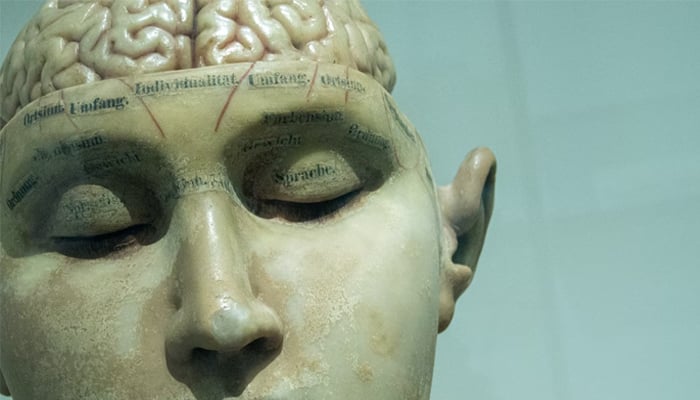Here's why you remember horrible memories but forget other instances
Changes in frequency of brain wave oscillations in amygdala a person form bad memories
July 02, 2022

- Researchers study formation of nightmarish memories in amygdala.
- Experts find that stress neurotransmitter facilitates processing of fear.
- Burst of electrical activity changes brave wave osscilations in amygdala from resting state to aroused one.
A group of neuroscientists from the Tulane University School of Science and Engineering and Tufts University School of Medicine have discovered the mechanism due to which humans often remember frightening experiences but have difficulty recalling other instances.
The study was published in Nature Communications.
The team of researchers has been studying the formation of nightmarish memories in the brain's amygdala, the part which regulates emotions.
Experts found that the stress neurotransmitter, noradrenaline, facilitates the brain processing of fear. It stimulates inhibitory neurons in the amygdala to create a repetitive pattern of electrical discharges.
This burst of electrical activity changes the brain wave oscillations in the amygdala from a resting state to an aroused one. This arousal fosters the formation of bad memories.
On the contrary, in other instances, noradrenaline is not activated. Hence, there is no arousal to promote formation of memory.
The lead author of the study, Jeffery Tasker explained: "If you are held up at gunpoint, your brain secretes the stress neurotransmitter norepinephrine, similar to an adrenaline rush."
He explained that this secretion "changes the electrical discharge pattern in specific circuits in your emotional brain, centered in the amygdala". This sends the brain into a state of "heightened arousal".
He said that this is the same process that makes patients of post traumatic stress disorder unable to leave behind tragic memories.











